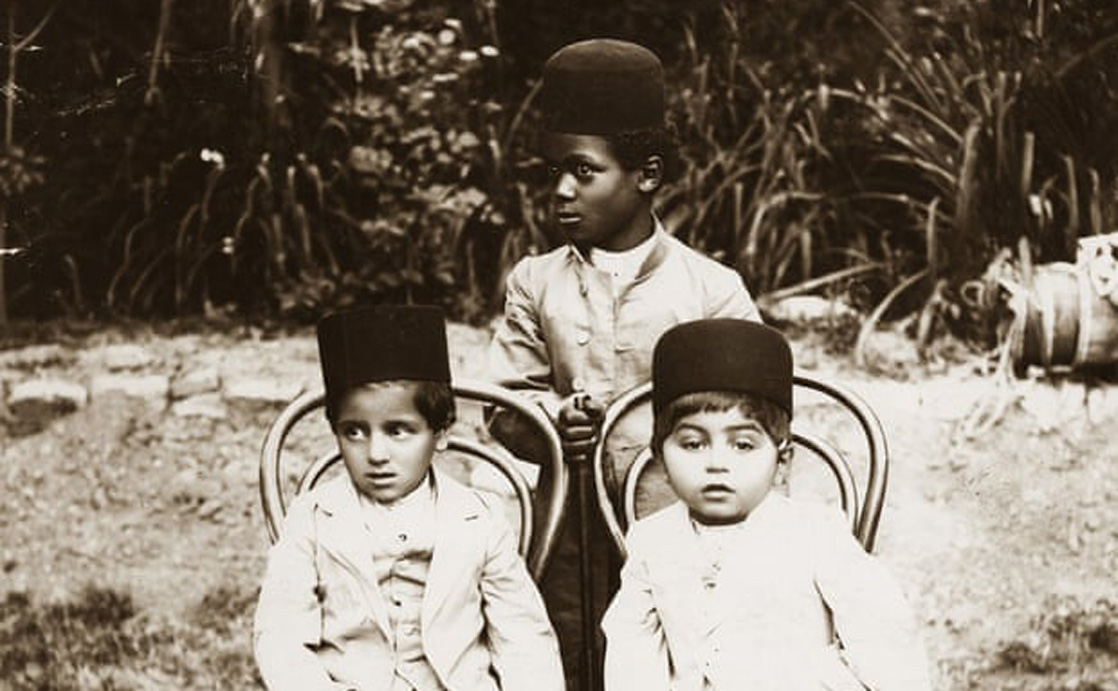Within the pantheon of Bahá’u’lláh’s teachings lies a profound and compelling narrative focusing on fate, a theme elegantly encapsulated in the life of Isfandiyar, a faithful servant of the founder of the Bahá’í Faith. The story of Isfandiyar serves as a metaphor not only for devotion but also for the intricate interplay between destiny and human agency. This exploration seeks to elucidate the multifaceted dimensions of fate as portrayed in the Bahá’í framework, emphasizing the unique appeal and relevance of such teachings in contemporary society.
At the crux of Bahá’í philosophy is the notion that every human being holds a predetermined destiny—their fate shaped by both divine will and personal choices. Isfandiyar’s narrative exemplifies this duality. His unwavering commitment to Bahá’u’lláh illustrates the conscientious embrace of one’s inherent duties. In doing so, he becomes a paragon of the belief that fate is not a mere chain of events but rather a tapestry woven from the threads of individual actions and divine guidance.
The life of Isfandiyar invites contemplation on the nature of service. In a world increasingly saturated with individualism, his story is a powerful reminder of the sanctity of servitude. It acts as a beacon, illuminating the path towards selflessness. Such a perspective contests the prevalent ethos that often prioritizes personal gain over communal responsibility. Through Isfandiyar, Bahá’u’lláh advocates for a life dedicated to the upliftment of others, thereby redefining the essence of fate as intertwined with social contribution.
Furthermore, the narrative of Isfandiyar serves as a metaphorical representation of the eternal struggle between light and darkness. His trials and tribulations mirror the universal human experience of facing adversities. Each obstacle he encounters is a manifestation of life’s inherent struggles—reflective of the tumultuous journey every individual must embark upon. Isfandiyar’s resolve, thus, embodies the transformative power of faith. This conception resonates with the Bahá’í teaching that faith is a catalyst for overcoming challenges.
The concept of fate, as illustrated through Isfandiyar’s life, likewise underscores the Bahá’í principle of unity. Isfandiyar is not merely an individual but a representation of collective consciousness. His unwavering loyalty towards Bahá’u’lláh signifies a profound connection to a larger narrative—one that transcends personal ambitions. In essence, fate is portrayed not as an isolated journey but as a communal expedition. The Bahá’í teachings advocate that every individual’s destiny is inextricably linked to the destinies of others; this collective fate impels each person to consider the broader implications of their choices.
The interplay between fate and free will emerges poignantly in Isfandiyar’s story. He exemplifies the Bahá’í teaching that while destiny may guide individuals towards certain paths, the significance of choice remains paramount. The duality of acceptance and action is critical to the understanding of fate. Isfandiyar embraces his fate with grace, yet he actively participates in the shaping of his destiny through his choices. This nuance is crucial; it elucidates that while the divine plan unfolds, human agency is still an integral player in the cosmic scheme. This dynamic is further emphasized in Bahá’í writings, which encourage individuals to act thoughtfully and responsibly, as their choices reverberate across the timeline of collective destiny.
The philosophical depth of Isfandiyar’s narrative provides fertile ground for examining the esoteric dimensions of Bahá’í teachings. Fate, in this context, is a living phenomenon, embodying the vibrant interplay between divine providence and individual initiative. The life of Isfandiyar challenges one to grapple with profound questions: What is the nature of our existence? How do our actions influence the unfolding of our destinies? Through the lens of Bahá’í teachings, these inquiries are not merely rhetorical; they serve as invitations for introspection and spiritual awakening.
Moreover, the legacy of Isfandiyar serves to reinforce the Bahá’í commitment to education and intellectual pursuit. His life is a testament to the notion that knowledge becomes a fulcrum upon which the weight of fate pivots. The empowerment that comes from understanding one’s place in the cosmos cannot be overstated. Isfandiyar lived a life steeped in knowledge, and his allegiance to Bahá’u’lláh was rooted in a deep comprehension of his teachings. In contemporary society, such a message resonates profoundly, encouraging individuals to seek knowledge and cultivate wisdom as a means to navigate their own fates.
In conclusion, the narrative of Isfandiyar serves as both a potent metaphor and a vital teaching within the Bahá’í Faith. It elucidates that fate is a complex amalgamation of divine intention and individual choice, a choreography of light and shadow reflecting the broader human condition. The life of Isfandiyar urges one to embrace servitude, to acknowledge the interconnectedness of existence, and to commit to the pursuit of knowledge—all of which ultimately shape the destinies we weave. In a world longing for meaning, the teachings surrounding Isfandiyar inspire a profound reconceptualization of fate, inviting all to engage with life’s challenges through the lens of service, unity, and deliberate action. Through this lens, fate metamorphoses from a passive occurrence into an active engagement, fostering a more enriched and interconnected communal life.
